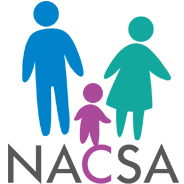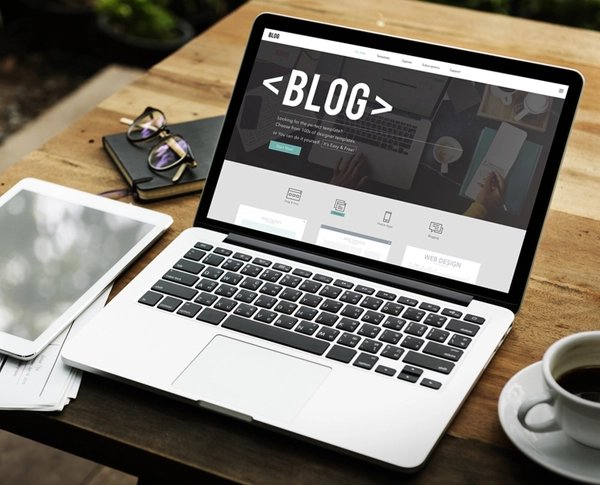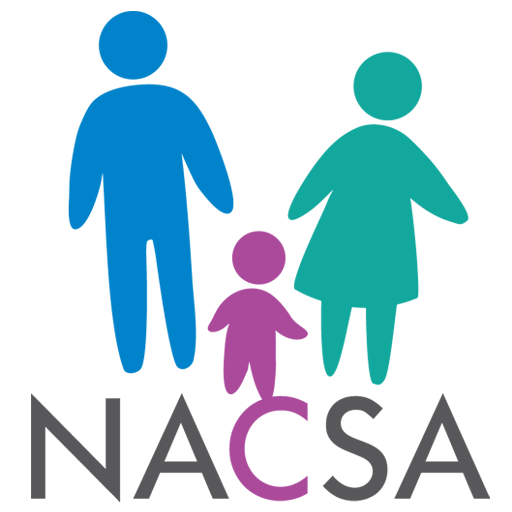

Non Resident Parents (NRP), or Paying Parents are liable to pay child maintenance if they live apart from their children. Although NRPs are often vilified in the media for not financially supporting their children, statistics show that only a minority of NRPs fail to pay child maintenance at all.
Compliant paying parents are often subjected to unfair procedures, lack of response to queries, incorrect calculations and debts created through backdated decisions that CMS have failed to acknowledge for long periods of time. Non-compliant paying parents often manage to evade the system for significant periods.
Below we list some basic guidelines for the Paying Parent to consider:
Considerations
The preferred method of communication for CMS is online. Managing your case is easier online, with options to report changes and raise any disputes. Online changes are often handled more quickly than those raised in writing.
Call waiting times for CMS can be lengthy. When you make a call, always keep a record including the date and the name of the case officer you speak with. Ask them to document the details of your conversation and any matters agreed upon. Be aware that callbacks are not always honored, so you may need to call again if you don’t receive one.
If you write to CMS, send all letters by recorded mail and keep copies of the letters together with the postage receipts.
No news is not necessarily good news! If you’re waiting for matters to be resolved, keep in regular contact with your caseworker; every 2-3 weeks is a reasonable interval. If your caseworker fails to provide an appropriate response, be prepared to escalate the query through the complaints process. Involving your MP can be beneficial when raising complaints.
Some public forums encourage parents to email a long list of contacts when raising a complaint. Avoid this approach; copying multiple people into emails can delay the progress of your complaint.
Key Rules & Procedures
As a paying parent, you are legally obliged to report certain changes, including:
- A change of address
- A change of employment status if you are paying through a DEO
- If you are paying maintenance based on your current income, and your income has changed by more than 25%, you must notify CMS. You do not need to report a change of income if your assessment is calculated on historical income.
Changes to the maintenance liability cannot be made retrospectively. Report any changes that will benefit you immediately and provide the relevant evidence. Changes not substantiated with the required evidence will be rejected.
If you report a change and it is rejected, request a mandatory reconsideration within one month. You may also need to lodge an appeal with HM Courts and Tribunal Service.
Maintenance is reviewed every year, usually on the anniversary of the start of the claim. Changes to your income between the annual review will only proceed if your income has increased or decreased by more than 25%. Proof of income changes, such as payslips, will be required. P60s are not accepted.
Self-employed paying parents cannot report a change of income mid-year, although they can provide a more up-to-date tax return if appropriate. The change of income must be at least 25% before the review can proceed.
If you dispute paternity, raise this with CMS at the earliest opportunity. You must comply with DNA testing for the paternity issue to be decided. Failure to take the test may lead to CMS presuming you are the parent and continuing to calculate a child maintenance liability. If you are found not to be the father, the case will close, but you may not receive your money back.
Further Information
Child maintenance is an important aspect of financial support for children. The maintenance liability can be reduced if you have overnight access for more than 52 nights per year. If you have more than 184 nights per year, there may be a realistic challenge as to who is the primary carer of the child.
The amount of maintenance calculated will be legally due irrespective of any financial hardship you may suffer. If you believe the calculation is wrong, take the necessary steps to challenge the decision but maintain payment at the original rate until a new calculation is made. This can take a long time, so seek advice at your earliest opportunity.
The default payment method is Direct Pay, where you will pay your ex-partner directly. If you do not pay according to the last notified pay schedule, your case may convert to the Collect and Pay service, and a 20% fee will become payable in addition to your regular maintenance. This rule applies even if you are disputing the calculation of maintenance.
Payments made outside of the pay schedule will likely be disregarded by CMS, unless the receiving parent is willing to accept them as additional voluntary payments.
Certain costs can be considered against your maintenance liability by applying to the variation scheme. Details of the variation scheme can be found here.
CMS may enforce unpaid child maintenance. It is your responsibility to prove the debt is not correct, using the necessary legislation and evidence. This often requires sound knowledge of the law, so seek advice as soon as possible.
If you and your ex-partner agree on amounts for child maintenance that do not align with the CMS calculation, it constitutes a “family-based arrangement”. You should arrange for the CMS case to close and proceed with your family-based arrangement. Never have a family-based arrangement and a CMS account active at the same time.
This is for general guidance only. It does not replace case-specific advice. If you have questions specific to your circumstances, please consider purchasing a preliminary consultation.
Let me know if there’s anything more specific you’d like to address or any further assistance you need!






